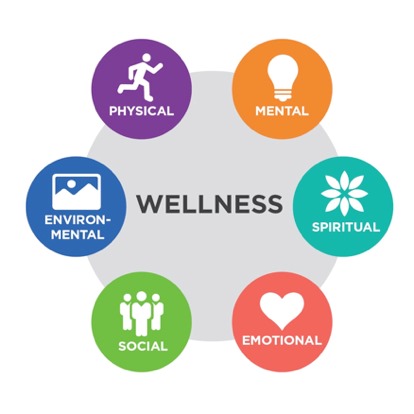BEST COUNSELLING : TOP 1 IN COMPASSION AND CARE!


Employee and family counselling is crucial for maintaining a healthy work-life balance. It helps employees manage personal and professional stress, improving overall productivity and job satisfaction. By addressing family-related issues, counseling fosters a supportive home environment, which translates into better workplace performance.
Similarly, student counselling is essential for academic success and personal development. It provides students with guidance on academic challenges, career planning, and emotional well-being. Counselling helps students navigate stress, build resilience, and develop coping strategies. Overall, both employee and student counselling play vital roles in enhancing individual well-being and contributing to a positive and productive community.
EMPLOYEE COUNSELLING
In today’s fast-paced and competitive work environment, employees often face a multitude of challenges that can impact their mental and emotional well-being. As such, the employee counselling has become an essential component of many organizations’ as human resource strategies.
- Employee counselling provides a confidential and supportive environment for employees to address personal and work-related issues. This can range from stress management and conflict resolution to performance issues and career development.
- By offering counselling services, organizations demonstrate their commitment to the well-being of their employees and help foster a positive and healthy work culture.
- Through counselling, employees can better understand and address their challenges, leading to improved job satisfaction, performance, and overall well-being.
- Counselling also allows for early intervention in potential issues, preventing them from escalating into more serious problems.
- In conclusion, employee counselling plays a crucial role in supporting employees and promoting a positive work environment. Organizations that prioritize employee well-being through counselling are more likely to see higher levels of engagement, productivity, and retention among their workforce.
STUDENT COUNSELLING
In recent years, the demand for student counselling services has seen a significant increase. Students today face a myriad of challenges and stressors, ranging from academic pressures to mental health issues. As a result, universities and colleges have recognized the importance of providing an adequate support and guidance to their students.
- Student counselling services offer students a safe and confidential space to discuss their concerns and seek help.
- Trained professionals, such as counsellors and psychologists, are available to provide individualized support and guidance to students in need.
- These services can help students navigate academic difficulties, manage stress and anxiety, cope with personal issues, and improve their overall well-being.
- By addressing the mental health and emotional needs of students, counselling services can ultimately contribute to a more positive and successful academic experience.
- It is essential for educational institutions to prioritize the mental health and well-being of their students and offer comprehensive counselling services to support their overall development and success.
FAMILY COUNSELLING
Family counselling is a form of therapy that helps families improve communication and resolve conflicts. It focuses on addressing issues within the family dynamic, such as disagreements, misunderstandings, and unresolved conflicts. The aim of family counselling is to promote understanding, empathy, and a sense of unity among family members.
- During these sessions, a trained therapist facilitates discussions and provides strategies to help families work through their issues. These sessions can help families develop a healthier communication patterns, establish boundaries, and address individual and collective needs.
- This can be beneficial for families experiencing various challenges, such as divorce, substance abuse, mental health issues, or parenting difficulties.
- It provides a safe and confidential space for family members to express their thoughts and feelings, while also learning effective ways to navigate their relationships.
- Overall, family counselling can strengthen relationships, improve family dynamics, and promote overall well-being among family members. It is a valuable resource for families seeking support and guidance in overcoming obstacles and building stronger, healthier relationships.
